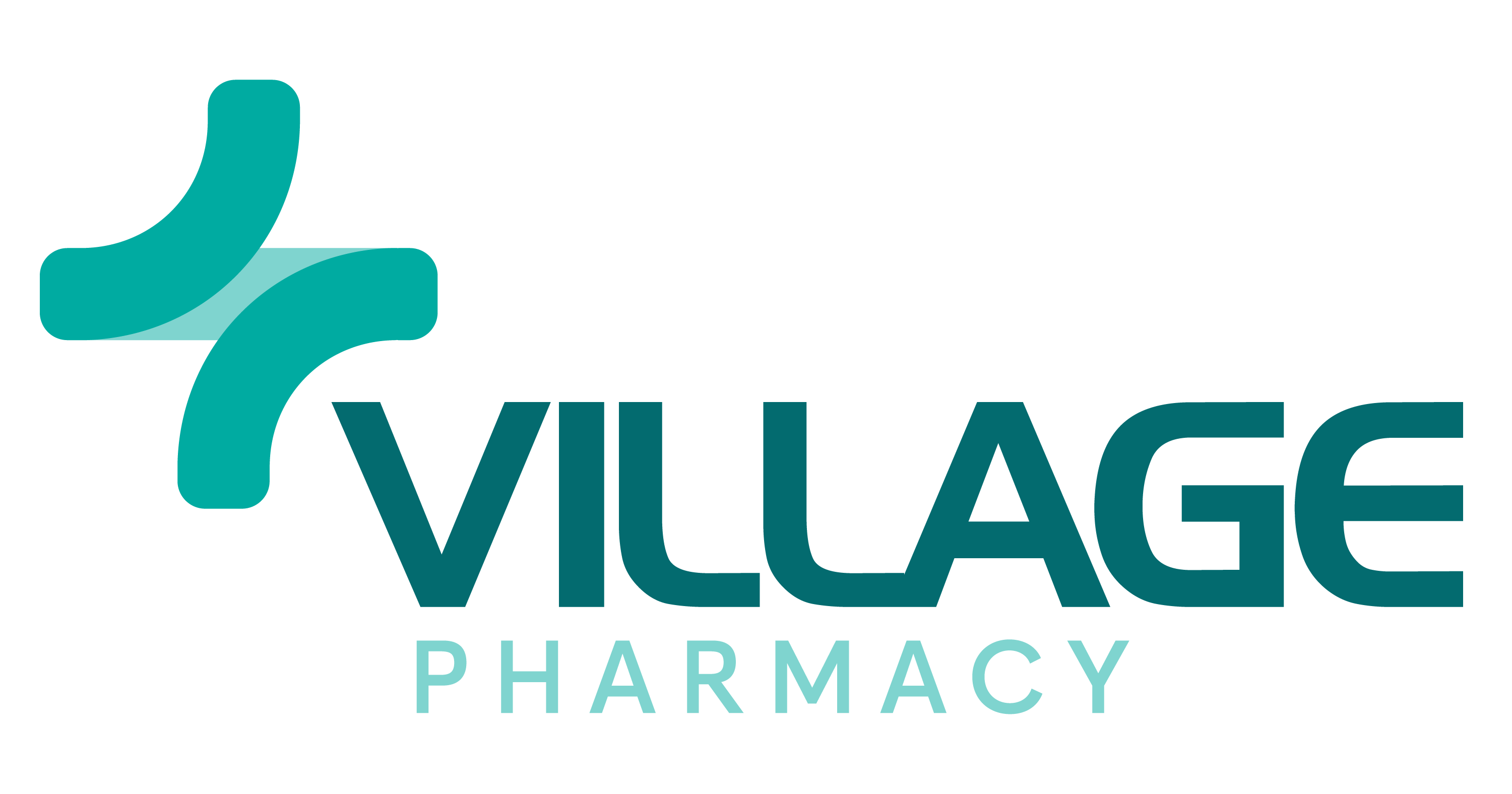As the warm weather returns and the countryside bursts into colour, June brings with it a less welcome companion for millions across the UK: hay fever.
Also known as seasonal allergic rhinitis, hay fever affects around 1 in 4 people in the UK. If you’re one of them, you’ll know how miserable it can make you feel — itchy eyes, sneezing fits, blocked sinuses, and a constant runny nose.
But the good news is that you don’t have to suffer in silence. With the right pharmacy-recommended treatments and a few clever lifestyle adjustments, you can beat hay fever this June and enjoy the sunshine without the sniffles.
In this blog, we’ll explore:
- What causes hay fever in June
- The most effective over-the-counter treatments
- Lifestyle tips to reduce your symptoms
- When to speak to your pharmacist or GP
Let’s dive in and take back summer from pollen.
Why Is Hay Fever Worse in June?
Hay fever is triggered by an allergic reaction to pollen, the fine powder released by plants during the spring and summer months. There are three main types of pollen that cause hay fever:
- Tree pollen – March to early May
- Grass pollen – Late May to July (peak in June)
- Weed pollen – Late June to September
June is especially troublesome because it’s the peak season for grass pollen, which is the most common trigger for hay fever in the UK.
During this time, pollen counts soar — especially on warm, dry, breezy days. Even spending just a few minutes outdoors can be enough to set off a cascade of allergic reactions.
Common Hay Fever Symptoms
If you suffer from hay fever, you’ll likely experience some (or all) of the following:
- Frequent sneezing
- Runny or blocked nose
- Itchy, red, or watery eyes
- Itchy throat, mouth, or ears
- Fatigue or brain fog (due to poor sleep or constant discomfort)
- Worsening of asthma symptoms
Some people experience more severe symptoms that can interfere with sleep, concentration, or day-to-day activities.
Pharmacy-Recommended Treatments for Hay Fever
The good news is that your local community pharmacy can offer a range of effective treatments — no prescription required. Here’s what pharmacists typically recommend:
1. Antihistamines
These are often the first line of defence. Antihistamines block the chemical (histamine) your body produces in response to pollen.
Common options:
- Cetirizine (non-drowsy)
- Loratadine (non-drowsy)
- Chlorphenamine (can cause drowsiness)
Tip: Take antihistamines daily throughout the season, not just when symptoms flare. Starting early helps prevent symptoms from developing.
2. Nasal Sprays
Nasal corticosteroids reduce inflammation inside the nose, making them highly effective for blocked or runny noses and sneezing.
Popular choices:
- Beclometasone (e.g., Beconase)
- Fluticasone (e.g., Pirinase)
Use daily during hay fever season. It can take a few days to build up full effectiveness, so consistency is key.
3. Eye Drops
For red, itchy, or watery eyes, antihistamine eye drops provide fast relief.
Recommended options:
- Sodium cromoglicate (e.g., Opticrom)
- Antazoline with xylometazoline (e.g., Otrivine-Antistin — also helps reduce redness)
Store eye drops in the fridge for a soothing effect.
4. Barrier Balms and Gels
Products like HayMax or petroleum jelly applied around the nostrils can trap pollen particles before they enter the nasal passages.
These are especially useful for children or pregnant women looking for non-medicated relief.
5. Combination Treatments
If your symptoms are severe or multiple areas (eyes, nose, throat) are affected, a combination of treatments (e.g., antihistamines + nasal spray + eye drops) may be needed.
Ask your pharmacist for advice on safe combinations, especially if you’re taking other medications.
Lifestyle Tips to Reduce Exposure
While medications help relieve symptoms, lifestyle changes can reduce how much pollen you’re exposed to in the first place.
Top tips:
- Check the daily pollen forecast (available on Met Office or BBC Weather)
- Keep windows closed in the morning and early evening when pollen counts are highest
- Shower and change clothes after being outdoors
- Dry clothes indoors or in a tumble dryer — not outside
- Wear wraparound sunglasses to protect your eyes
- Use air purifiers or filters indoors
- Avoid grassy areas, parks, and mowing the lawn during high pollen days
- Apply petroleum jelly inside nostrils to trap pollen
Driving? Keep car windows shut and use a pollen filter in the air system.
When to Speak to Your Pharmacist or GP
Your community pharmacist is a great first point of contact for hay fever. They can:
- Help you choose the most suitable treatment
- Recommend a personalised treatment plan
- Advise on managing symptoms alongside other health conditions (like asthma)
- Offer child-safe or pregnancy-safe options
However, you should speak to your GP if:
- Symptoms don’t improve with pharmacy treatment
- You experience severe hay fever that interferes with sleep or work
- You have asthma that worsens during pollen season
- You’re unsure whether your symptoms are hay fever or something else (like a sinus infection)
In some cases, your GP may refer you for stronger medications or immunotherapy (allergy desensitisation treatment).
Hay Fever in Children
Children can suffer just as much — if not more — from hay fever. Fortunately, many antihistamines and eye drops are available in child-friendly formulations.
Ask your pharmacist about:
- Sugar-free liquid antihistamines
- Paediatric nasal sprays
- Non-drowsy options suitable for school-age children
Keeping kids indoors during high pollen times and using cool compresses on their eyes can also help.
Final Thoughts: Take Control This June
Hay fever might be a natural part of summer, but that doesn’t mean you have to put up with it.
With pharmacy-recommended treatments, daily symptom management, and simple changes to your routine, you can take control of hay fever and get back to enjoying everything June has to offer — from picnics in the park to sunny seaside strolls.
Not sure where to start? Pop into your local pharmacy for expert advice — no appointment needed.
Let your pharmacist be your first port of call for fast, effective relief this summer.
Need help building your personal hay fever toolkit?
Download our free Hay Fever Relief Checklist or speak to your pharmacist today.

![How to Beat Hay Fever This June Pharmacy-Recommended Relief {"remix_data":[],"remix_entry_point":"challenges","source_tags":["local"],"origin":"unknown","total_draw_time":0,"total_draw_actions":0,"layers_used":0,"brushes_used":0,"photos_added":0,"total_editor_actions":{},"tools_used":{},"is_sticker":false,"edited_since_last_sticker_save":false,"containsFTESticker":false}](https://villagepharmacycharlton.co.uk/wp-content/uploads/elementor/thumbs/How-to-Beat-Hay-Fever-This-June-Pharmacy-Recommended-Relief-r8cme075sb0q0t694h4a7adva13qzpfy1686iok3og.jpg)



